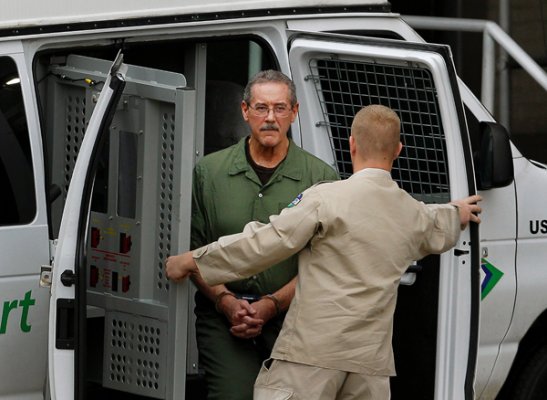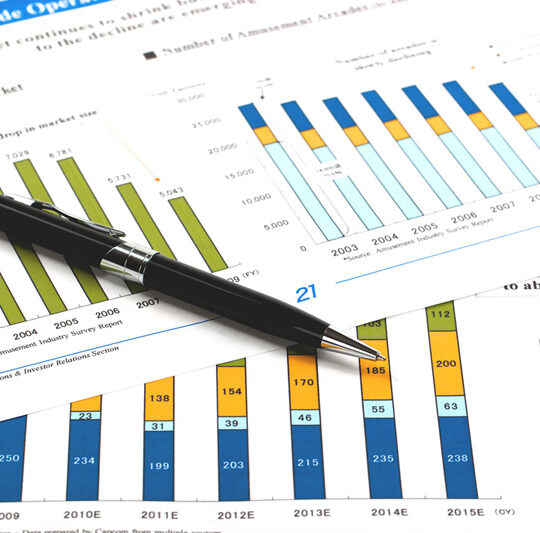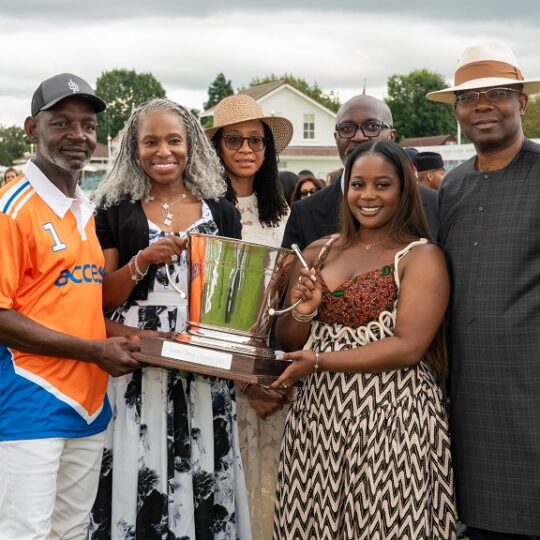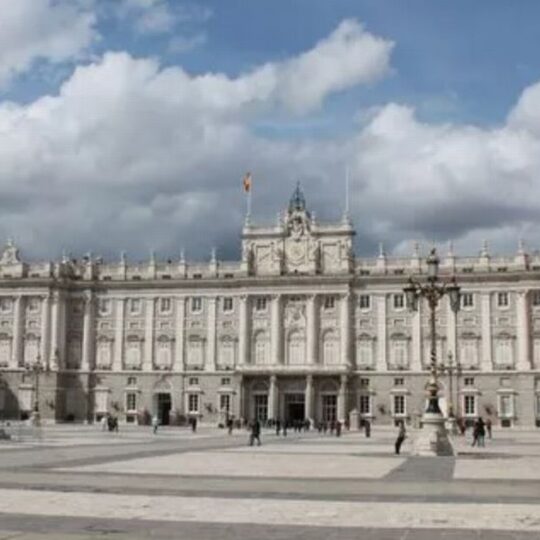
In February 2009, lawyers for the U.S. Securities and Exchange Commission asked U.S. District Judge Reed O’Connor to freeze all assets of R. Allen Stanford and his investment firm, accusing the Houston financier of perpetrating a massive $8 billion fraud.
O’Connor appointed a receiver, Dallas lawyer Ralph Janvey, to pursue all efforts to recover funds for the thousands of investors who lost their future retirement funds because of the scheme.
Next week – nearly 14 years to the day – jury selection is set to begin in federal court in Houston for three banks the receiver has accused of aiding and abetting Stanford in the fraud.
The trial against Toronto-Dominion Bank, HSBC and Independent Bank, formerly Bank of Houston, is expected to last four to six weeks. The receiver is expected to ask the jury to award damages of between $4 billion and $10 billion against the three.
Any money recovered from the banks would be added to the $1.1 billion the court-appointed receiver and the Official Stanford Investors Committee have previously recovered and will be paid to the 18,000 victims who invested with Stanford – thousands of whom live in the Houston area.
The $1.1 billion does not include recent settlement agreements reached in January with Trustmark Bank for $100 million and a $157 million deal announced Tuesday with Société Générale Private Banking of Switzerland.
“It is incredibly sad and frustrating and disappointing how long it has taken this case to get to trial,” said Gregg Costa, the former federal prosecutor who won the criminal conviction against Stanford. Stanford, a Mexia native, is now 72 and serving 110-year federal prison sentence.
RELATED: Gregg Costa traded judge’s robes for Gibson Dunn’s Houston office
The case against the primary banks doing business with Stanford has taken so long to get to trial that Costa, after prosecuting Stanford, was appointed to a federal judgeship in Galveston, promoted to the federal court of appeals where he spent a decade before going into private practice at Gibson, Dunn & Crutcher.
“Cases should not take this long,” Costa said in an interview last year when he was leaving the U.S. Court of Appeals for the Fifth Circuit. “It reeks of abuse.”
The federal court docket in this case and the related cases, which were consolidated into a multidistrict litigation before U.S. District Judge David Godbey in Dallas, has more than 11,000 entries.
The number of lawyers who have made appearances in the litigation is in the hundreds, as the banks and dozens of other large corporations, such as Lloyd’s of London and BDO USA, hired some of the top law firms in the U.S. in an all-out effort to keep the cases from reaching trial.
Lawyers for the corporate defendants appealed various aspects of the Stanford litigation more than a dozen times to the U.S. Court of Appeals for the Fifth Circuit – each appeal adding several months to the cases.
The most recent appeal occurred three weeks ago when T.D. Bank filed a mandamus petition with the Fifth Circuit asking the appeals court to halt the upcoming trial, arguing that the trial court’s orders setting the case for trial were filled with legal errors.
A three-judge panel of the Fifth Circuit rejected the banks’ arguments and ended its two-page order by stating, “Call your first witness.”
On Tuesday, senior U.S. District Judge Kenneth Hoyt of Houston is expected to tell Baker Botts partner Kevin Sadler, the lead lawyer for the receiver and the investors committee, to do just that.
One of the first witnesses against the banks will likely be Janvey, who will walk jurors through the 14 years of litigation and describe how Stanford sold certificates of deposit to the public promising that their money would be invested in high-quality securities. Instead, he used much of the money to support his extravagant lifestyle and put the rest into risky private equity ventures that did not pay off.
Janvey and Sadler, both of whom declined to comment for this article, have traveled far and wide collecting evidence, taking depositions and negotiating settlements.
Together, the duo has scored some huge successes, including settlements with Lloyd’s of London for $65 million, BDO USA for $29.8 million, the New York law firm Proskauer Rose for $63 million and law firm Chadbourne & Parke for $35 million. In 2017, Chadbourne merged with Norton Rose Fulbright, which is one of the law firms representing TD Bank in next week’s trial.
Sadler and Janvey have won smaller but important victories, too. They recovered $8 million from the seizure of airplanes and two yachts owned by Stanford, liquidated $14.5 million in assets located in Panama, Peru and Ecuador, and got another $2.3 million from coins, furniture and other equipment owned by Stanford.
Of the $1.1 billion recovered to date, more than $680 million has been returned to investors. The two recent settlements will add another $257 million to that tally.
Largest recovery at stake
But the upcoming trial against TD Bank, HSBC and Independent Bank offers the biggest opportunity for defrauded investors to be made whole.
Court documents filed by Sadler in the recent Société Générale settlement agreement state that they have taken the depositions of nearly 100 witnesses in preparation for the upcoming trial.
Baker Botts lawyers and FTI Consulting forensic accounting experts “reviewed more than a million pages of documents,” including “thousands of pages of accounting statements and thousands of emails” of bank officials and Stanford officials.
“The prosecution of the claims required thousands of hours of investigating and understanding the complex web of Stanford companies, the financial transactions, interrelationships and dealings between and among the various Stanford entities related to the fraud scheme and how it was perpetrated,” Sadler wrote in the petition asking the court to accept the Société Générale settlement.
To be sure, the 14 years of contentious litigation and appeals by the defendants has also led to extensive costs by the professionals working for the receiver and the investors committee. The lawyers, forensic accounting experts and other professionals working for the receiver and the investors committee have been paid $291.6 million for tens of thousands of hours of work on the case.
Hoyt told lawyers for the receiver and the banks that jury selection will take place Monday afternoon and opening statements will follow Tuesday morning.
For a longer version of this article, please visit TexasLawbook.net.













